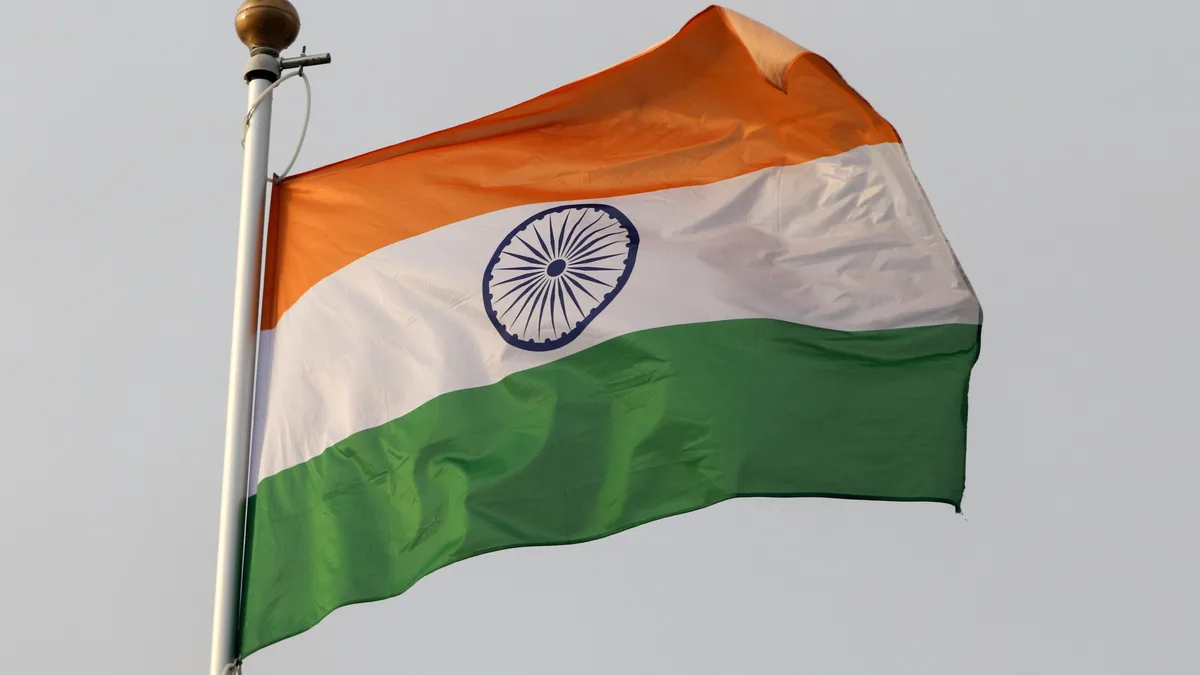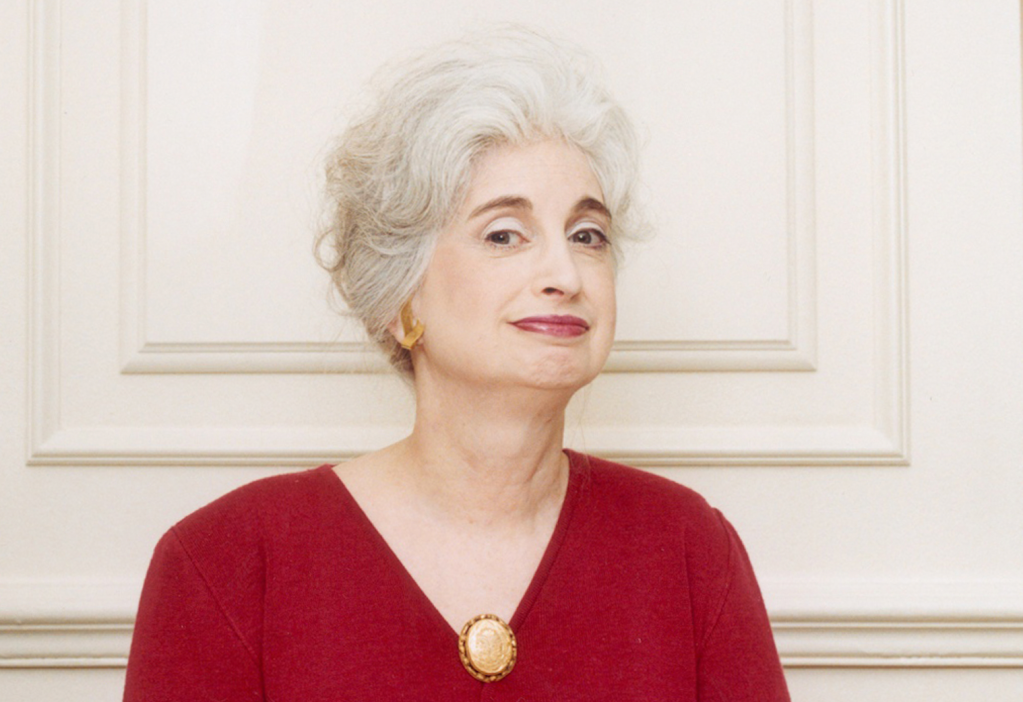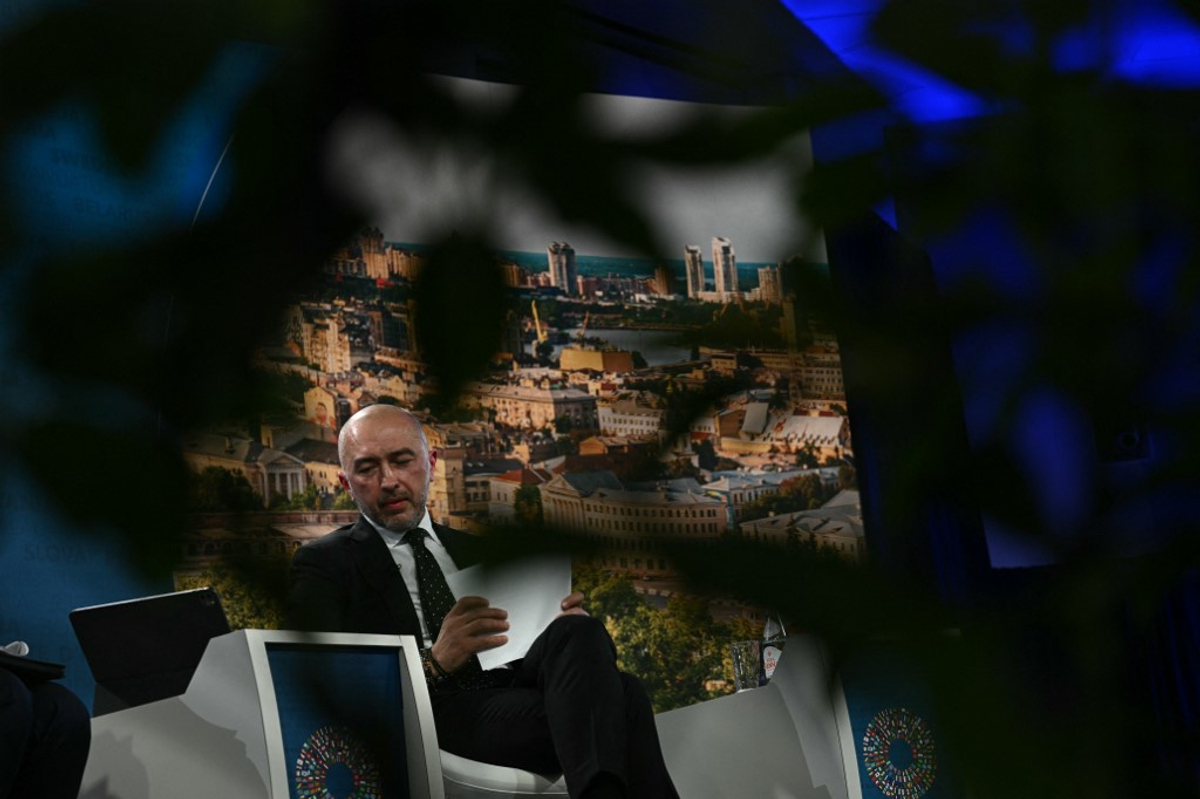By Antonia Zimmermann,Koen Verhelst
Copyright politico

The EU has already sanctioned a partly Russian-owned refinery in India, meaning that the facility can no longer export to the bloc.
An unpredictable U.S.
The communication shows that Brussels finds itself in a rather tricky geopolitical arena: Aiming to ramp up cooperation and seal a free-trade agreement with India by the end of the year, while hoping to diversify trade away from the U.S. and an increasingly unpredictable White House.
At the same time, Brussels won’t find it easy to remain a credible threat to Russia while doing more business with a country that has historical and ongoing close ties with Moscow.
An EU official, speaking after being granted anonymity to discuss closed-door discussions, admitted that New Delhi and Brussels “have differences” when it comes to Russia’s war on Ukraine.
“It’s not all joyous music and singing and dancing. There is an acknowledgement that we need to do more to bridge gaps,” the official added, pointing to sanctions and “the oil front.”
And yet, Brussels is counting on the world’s most populous country for its diversification push. The communication follows Commission President Ursula von der Leyen’s visit to India at the start of the year, taking her full roster of commissioners with her.
Last week, the EU’s trade commissioner, Maroš Šefčovič, again spoke highly of India during his third visit to the country this year. He reiterated that the trade talks would be finalized before the end of 2025.



